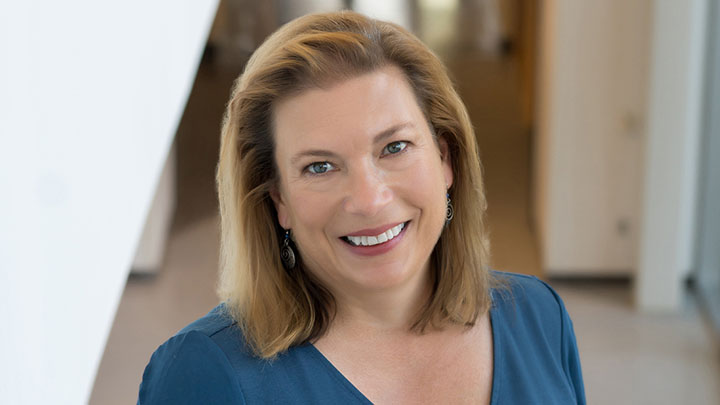


Dear friends,
I hope this message finds you safe and well. This year, the University of Michigan Department of Mechanical Engineering (U-M ME) has embarked on groundbreaking research projects to address the most pressing challenges facing our world.
To curb the effects of climate change, the transportation and energy industries are setting ambitious goals to revolutionize how we live and travel. Global shifts towards greater inclusivity are creating new opportunities for those who have been historically excluded, and advancements in medicine are opening new frontiers in the fight to keep communities healthy. This work could not be done without the expertise of mechanical engineers.
Looking back, I feel a sense of pride at all our ME community has accomplished and an inspiration to continue making forward strides in our mission to make the world work better. I'm excited to share some of our news and accomplishments with you now.
Innovating Battery Design
A new $10.95 million research center, led by ME professors Jeff Sakamoto (Director) and Neil Dasgupta (Deputy Director), aims to enable the development of advanced batteries and fuel cells for electric vehicles. Through this center, U-M and eight partner institutions will explore the use of ceramic ion conductors as replacements for the traditional liquid or polymer electrolytes in common lithium-ion batteries for electric vehicles and in flow cells for storing renewable energy in the grid.
Shifting Paradigms in Engineering Education
ME assistant professor, James Holly, Jr., spoke at The Grainger Foundation Frontiers of Engineering 2022 Symposium of the National Academy of Engineering on the need for faculty to have a robust understanding of social inequity, to utilize cultural knowledge as an asset, and to leverage insights from perspectives of racially-marginalized peoples in engineering classrooms.
Leveraging AI to Combat Antibiotic-Resistant Infections
A new computer model developed in the Violi Lab, which is led by ME professor Angela Violi, can identify whether and how a nanoparticle and protein will bind with one another, an important step in designing antibiotics and antivirals on demand. The model, named NeCLAS, uses machine learning—the AI technique that powers the virtual assistant on your smartphone and ChatGPT. “In my ideal scenario, 20 or 30 years from now, I would like—given any superbug—to be able to quickly produce the best nanoparticles that can treat it,” Violi said.
Faculty recognition
Our faculty continue to be recognized by prestigious institutions and professional societies for their many contributions to research, education, and service. A few examples include the NSF CAREER Award, the ASEE Ralph Coats Roe Award, the ASB Borelli Award, and two inductions into the National Academy of Engineering.
I hope reading about the accomplishments of our ME community gives you the same sense of pride and inspiration as it gives me. The work is not done, but the extraordinary gains we have earned over the past year make me hopeful about the future of our world.
As always, we're grateful for your time and support of ME.
Ellen Arruda
Tim Manganello/BorgWarner Department Chair and
Maria Comninou Collegiate Professor of Mechanical Engineering